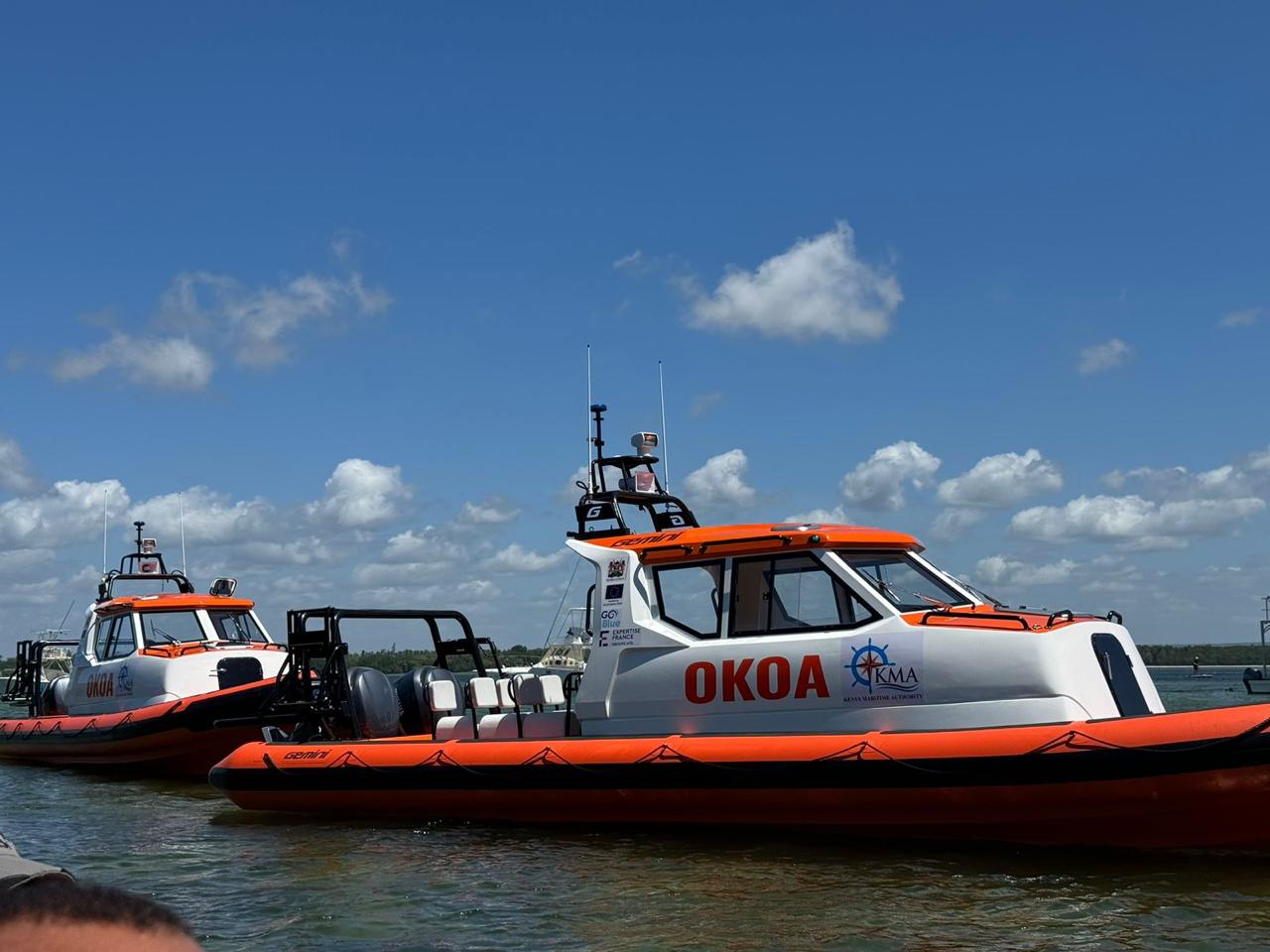KMA calls for stronger regional collaboration to boost maritime safety and infrastructure
MICHELLE WANGA-(PCO)
The Kenya Maritime Authority (KMA) is harnessing technical collaborations across the region to mitigate the challenges posed by maritime governance, using available resources.
KMA’s Acting Director General, Julius Koech, observed that due to the immense potential in the maritime transport sector, the government has identified the Blue Economy as a key pillar that will contribute to the coun try’s economic growth and help achieve the BETA Agenda, particularly in manufacturing.
Speaking during the International Maritime Organization (IMO) Eastern and Southern Africa Knowledge Partnership workshop in Mombasa, Koech stated that the technical and financial assistance from IMO plays a crucial role in helping partner countries address pressing maritime challenges, from enhancing port infrastructure to advancing maritime safety, security, education, training, and environmental protection.
The meeting, according to the Director General, focused on empowering IMO member states to embrace public-private partnerships in developing their maritime sectors, given the challenges of low funding and reduced budgets for maritime work from diverse maritime and development sectors could exchange knowledge, align priorities and explore ways to mobilize resources effectively together,” he said.
Presently, Koech, noted that Kenya is implementing the Fourth Medium Term Plan (2023-2027) which will be the last Kenya Vision 2030 Plan before the country transitions to the next long term development plan.
“The medium-term plan focuses on achieving the Bottom-up Economic Transformation Agenda through the value chain approach. It emphasizes on production, value addition and market access and attracting local and foreign investments,” he said.
The Director General noted that the Kenyan maritime sector is one of the key sectors of the Blue Economy and programmes and projects have been identified that will be implemented during the fourth medium term plan period.
“These include among others Vijana Baharia Programme, Marine Pollution Project, Kenya National Shipping Line Cargo Capacity Pro gramme, Development of National Maritime Spatial Plan, Maritime Education and Training Development, Implementation of Bandari Maritime Academy Master Plan and Maritime Safety and Security Project,” Koech said.
“The maritime sec tor can propel a country’s economy,” said Mr. Youngso Kim, IMO’s Di rector for Technical Cooperation Division, “We need to work on improving and prioritizing budgets for maritime activities,” he added.

